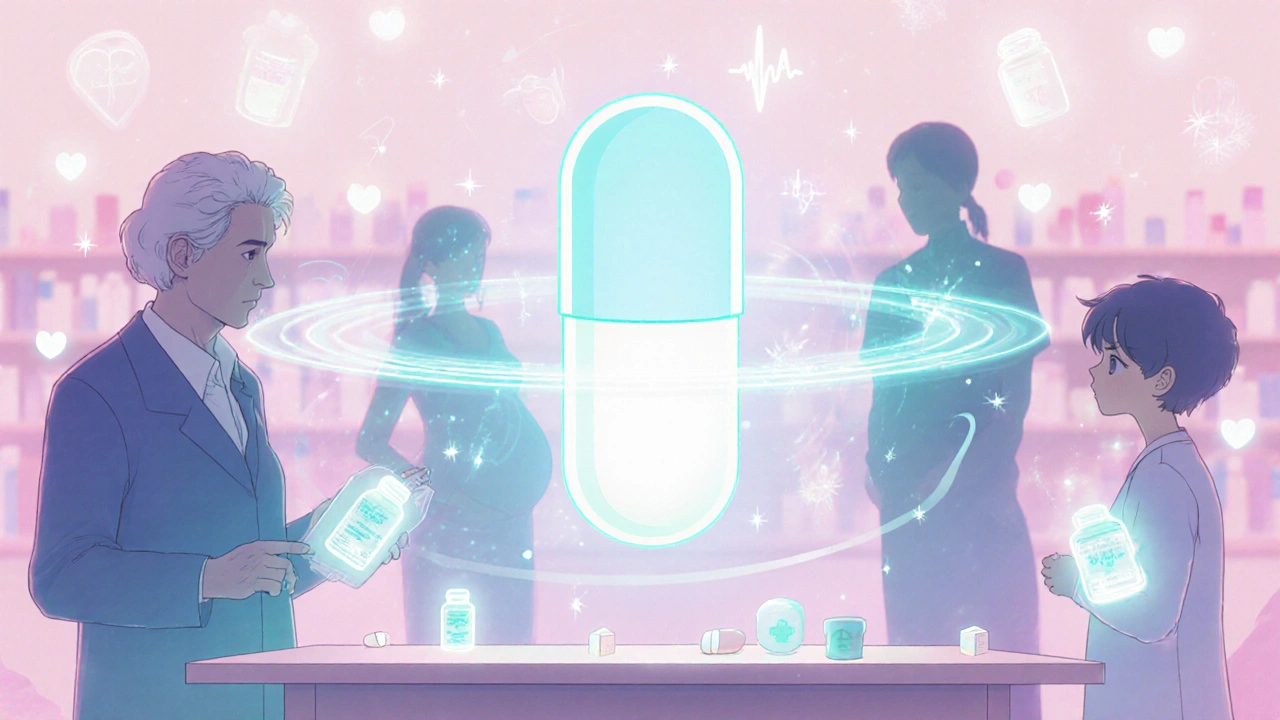Adverse Drug Reactions: What They Are, Why They Happen, and How to Spot Them
When you take a medication, you expect it to help—not hurt. But sometimes, the very drug meant to fix one problem triggers another. This is an adverse drug reaction, an unintended and harmful response to a medicine at normal doses. Also known as drug side effects, these reactions can range from a mild rash to life-threatening organ damage. They’re not rare, and they’re not always predictable. Unlike simple side effects like a dry mouth or drowsiness—which many people accept as part of treatment—an adverse drug reaction is something your body reacts to as a threat. It’s not just inconvenience; it’s a warning sign.
These reactions often happen because of how your body processes the drug. Some people metabolize medications too slowly, letting them build up to toxic levels. Others have genetic differences that make certain drugs trigger immune responses. Take warfarin, a blood thinner that requires careful diet and monitoring to avoid dangerous bleeding. A single change in vitamin K intake can swing your INR levels and lead to a serious adverse reaction. Or consider statins, cholesterol-lowering drugs linked to muscle pain, sleep problems, and even liver enzyme changes. Not everyone gets these issues, but when they do, it’s not just "bad luck"—it’s biology.
Drug interactions are another major cause. Mixing two medications—or a drug with a food, supplement, or even an illness—can create unexpected and dangerous outcomes. That’s why minocycline, an antibiotic used for acne and infections, might cause dizziness or liver stress in some, while others handle it fine. The same goes for colchicine, used for gout but risky if taken with statins or kidney-impaired patients. These aren’t just medical trivia—they’re real risks you need to know.
Some reactions are allergic—like swelling, hives, or trouble breathing. Others are dose-related, like nausea from antibiotics or tremors from thyroid meds. And then there are delayed reactions, like skin rashes that show up weeks after starting a new pill. The key is paying attention: Did your symptoms start after you began a new drug? Did they get worse when you changed the dose? Did they disappear when you stopped it? These aren’t guesses—they’re clues.
What you’ll find below is a collection of real, practical guides from people who’ve been there. From how statins mess with sleep to why warfarin needs a strict food plan, from antibiotic side effects to the hidden dangers of mixing meds—each post breaks down what actually happens in the body and what you can do about it. No fluff. No jargon. Just clear, actionable info to help you recognize, avoid, or manage these reactions before they become a crisis.
Post-Market Studies on Generic Drug Safety: What Happens After Approval
by Melissa Kopaczewski Nov 13 2025 11 MedicationsGeneric drugs are approved faster than brand-name drugs, but their safety doesn't stop at approval. Learn how the FDA monitors real-world side effects, why some patients react differently to generics, and what’s being done to improve safety after launch.
READ MOREDelayed Medication Side Effects: How to Spot Late-Onset Reactions Before It’s Too Late
by Melissa Kopaczewski Oct 31 2025 15 MedicationsDelayed medication side effects can appear weeks or years after taking a drug - often when you least expect it. Learn which medications cause late-onset reactions, how to spot them early, and what to do before it’s too late.
READ MORE

